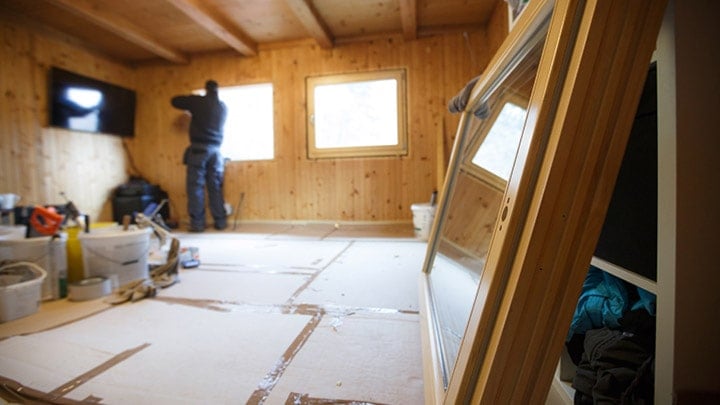Paycheck to Payments: Budgeting Your Monthly Mortgage Based on Income
Before you buy a new home, the first thing you should do is determine what you can afford. Experts recommend that you spend no more than 30% of your...
2 min read
 Twin Cities Habitat for Humanity
:
10:35 AM on March 29, 2021
Twin Cities Habitat for Humanity
:
10:35 AM on March 29, 2021

When you buy a home, how do you know what's a fair price? A home inspection can tell you if there are structural issues and a bank can tell you if you can afford it, but you can get a true sense of a "fair" price by comparing the prices of similar homes. That's where real estate comps come in.
"Real estate comparable listings" or "comps" for short provide information about the prices of homes similar to the one you’re looking at. A real estate agent can refer to comps to help you find out whether you'd be paying a fair price. Comp lists have tons of great data, so they can also help you learn more about your local housing market.

Here's how real estate agents create comp lists and what you need to know about them as a homebuyer.
Say you've found the perfect home that checks all your boxes. It's in the neighborhood you want, the commute would be great, and it's near a well-recommended school. The price tag seems normal, but you don't know the area very well.
[Here's What to Expect from the Twin Cities Housing Market in 2021]
A real estate agent will put together a real estate comp list of similar homes so you can find out if the price is typical for the area and home type. Comps also help sellers decide on a listing price.
Comps can have a variety of criteria, but here are a few of the most common factors.
Remember: Appraisers get the final say. As the buyer, you will use the comps to decide how much you’re going to offer on the house. But after you sign the contract, the bank will call in a specialized appraiser to make sure they agree with your assessment. The bank has a vested interest in making sure that you don’t overpay for the house, since they hold your mortgage. That means no matter what you, the seller, and the agents say the house is worth, it’s up to the appraiser to confirm the price is fair.
Even first-time homebuyers can do a rudimentary version of a real estate comp list. Websites like Zillow, Trulia, and Redfin make it easy to narrow down your search by geographic location and put together a list for reference. But because they have experience and exclusive tools, a real estate agent can give you a deeper look into the current housing market. This can give you a crucial perspective on home prices and whether or not your dream home comes with a price tag to match.
Your gift unlocks bright futures! Donate now to create, preserve, and promote affordable homeownership in the Twin Cities.

Before you buy a new home, the first thing you should do is determine what you can afford. Experts recommend that you spend no more than 30% of your...

Before you buy a new home, the first thing you should do is determine what you can afford. Experts recommend that you spend no more than 30% of your...

For DIY lovers, a fixer-upper home can be the ultimate project.